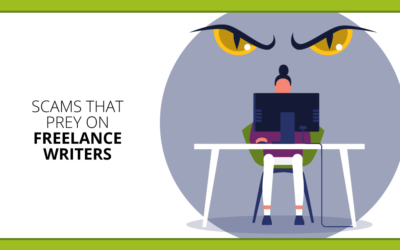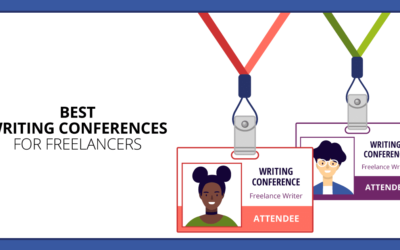A few years ago I made a shocking discovery.
I took a long, hard look at how I was using my time – and I was thoroughly ashamed.
This was the breakdown:
- Market research on prospective clients: 20%
- Marketing to prospects (cold-calls, emails, social media, blogging, website): 20%
- Project research: 40%
- Writing: 20%
Notice anything amazing about this?
I only spent 20% of my time doing the thing I loved best…the thing I was supposed to be making money from writing. I spent the other 80% preparing to make money (i.e. research and marketing).
Of course, without marketing and research we couldn’t write great copy or get high-paying clients.
But think about this: Your writing is the only thing of any real value, in terms of income generated.
That simple thought led me to a really big idea. An idea that boosted my income by $24,000 a year.
Here’s how it works…
1. Analyze how you spend your time
Spend two weeks noting the time you spend on each task.
Be specific. What kind of marketing are you doing? Cold-calling prospects? Searching for names on LinkedIn? Writing emails? Blogging?
What kind of research are you doing? Are you scouring medical journals, checking company websites, or looking for the specs of a B2B product? Be specific.
2. Decide what you DON’T want to do
Take a look at your list of tasks, and ask three questions:
- Which tasks could easily be done by someone else?
- Which tasks do you hate the most?
- Which tasks must be done by you?
Chances are, a lot of the research can be done by someone else. For instance, searching for prospects’ email addresses with ‘stealthy Googling’-essential, but boring…
Or scouring medical journals for information about a supplement ingredient-essential, but VERY time-consuming…
Truth is, probably 40% of your work can be outsourced. But you want to make sure it’s smart outsourcing.
3. Outsourcing that makes $$ sense
I tried four different companies before I found one I could trust.
I asked for someone fluent in English, with a background in health, and a track record of researching complex issues and writing short, concise summaries. I also asked for a sample of my assistant’s work before signing a contract.
For $400, I got a virtual assistant for two weeks. Her English is perfect, and she has a degree in biology. It’s important to clarify what you’re looking for in a virtual assistant.
She researched ingredients for a supplement I was marketing. She dug up names and emails of prospective clients. Then she sent me a 20-page report.
I had 50 new prospects to call, and enough research to start writing a new sales letter – all without lifting a finger.
The impact on my copywriting business was amazing.
4. Measuring the results
I paid $400 for work that would have taken me two weeks — and I shaved two weeks off an 8-week project.
So instead of my typical $13,000 for an 8-week project, I earned $12,600 for a 6-week project. In other words, the $400 I paid for outsourcing increased my weekly income from $1,625 to $2,100.
That’s an extra $24,700 a year – a 30% increase for me.
Outsourcing to the Third World may not be for everyone-but with some careful research and vetting, I found competent contractors, saved a bundle, and grew my income.
Have you increased your income by outsourcing? Tell us in the comments below.
Nick Daniel is a freelance direct-mail copywriter for alternative health clients including Dr. Sears. You can find his book on Amazon: The Wealthy Health Copywriter











